
ELECTRONIC BEATS PRAGUE
Electronic beats Prague, As part of its extended "Summer of Youth" campaign, German…
Words by Marcus Boxler
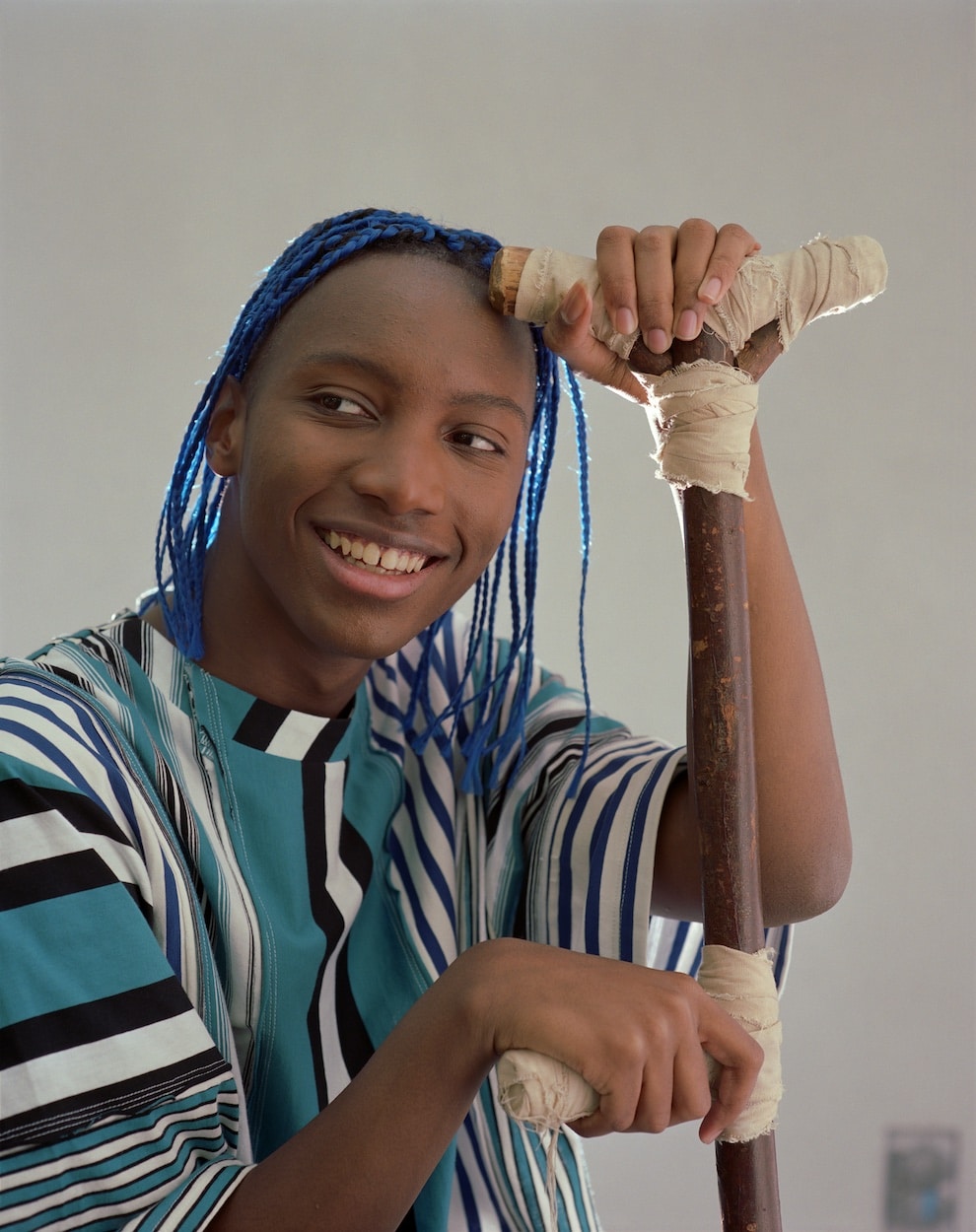
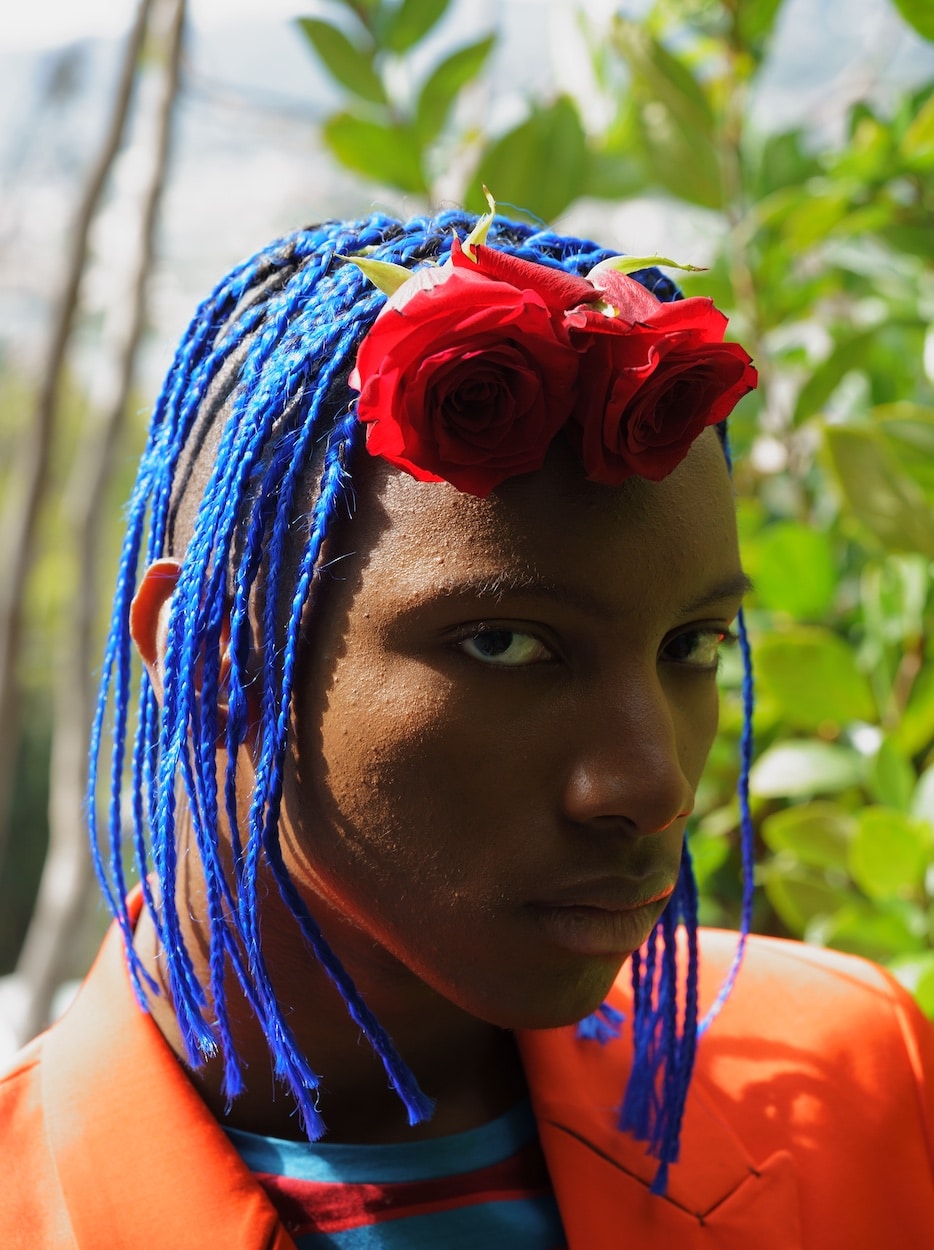
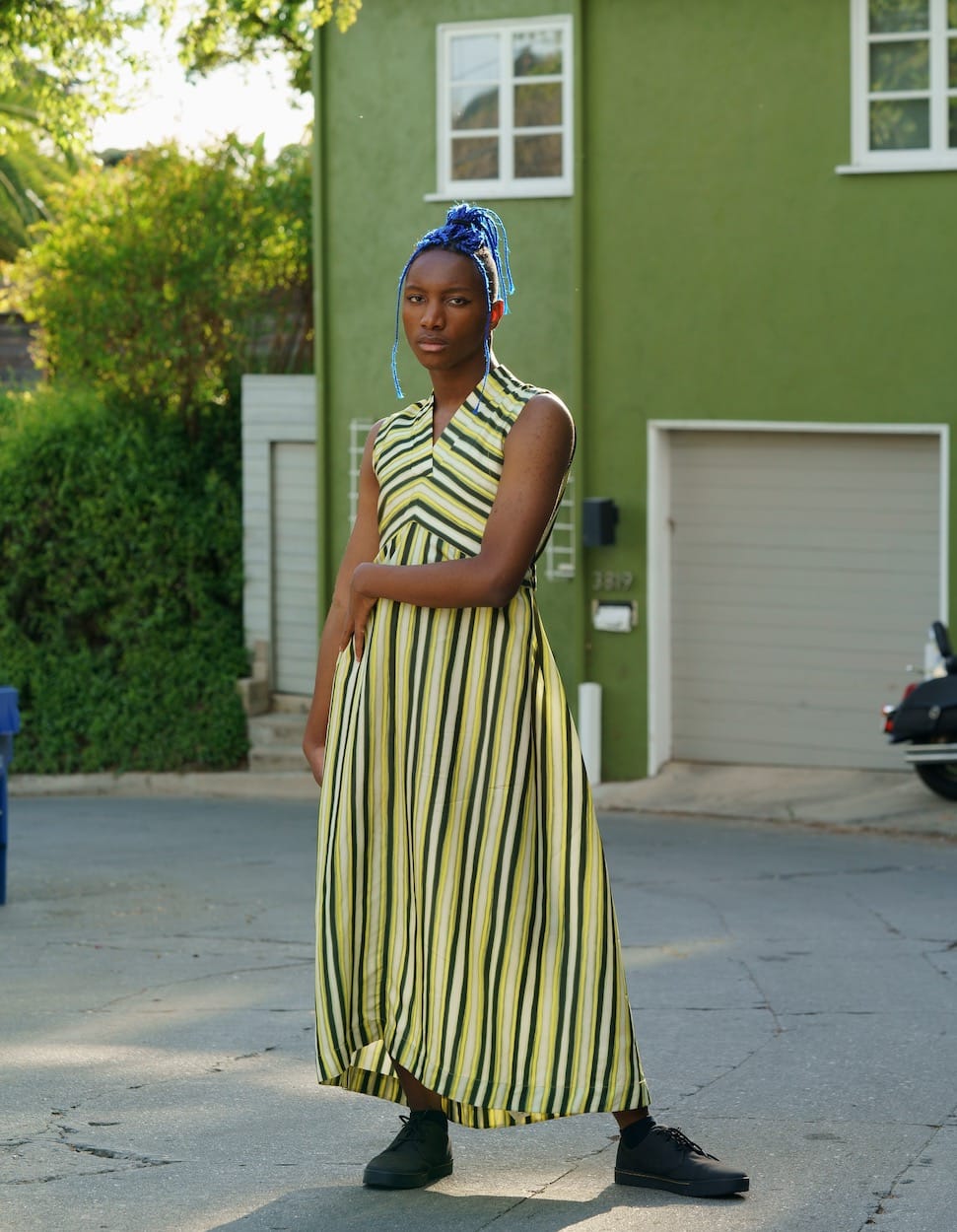
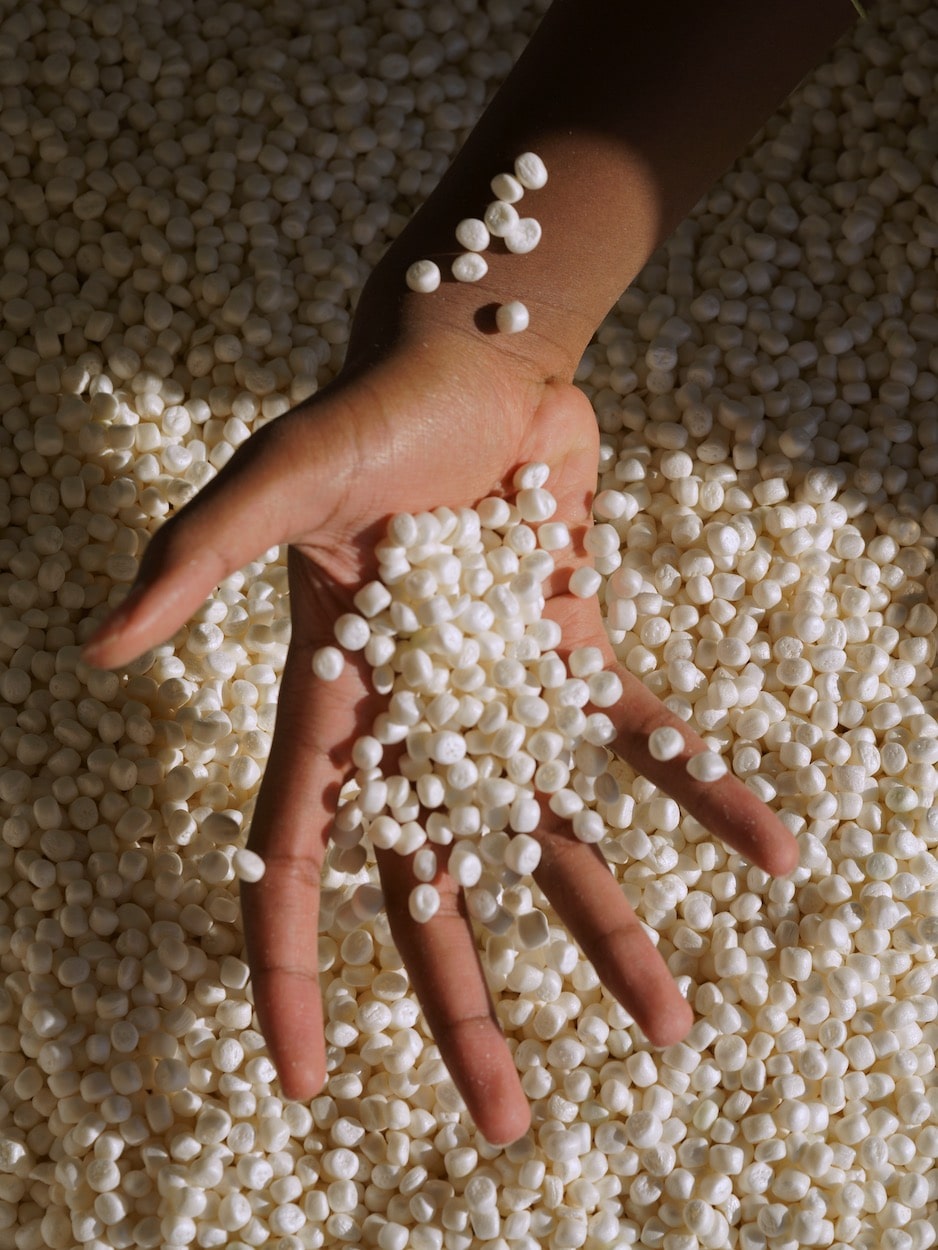
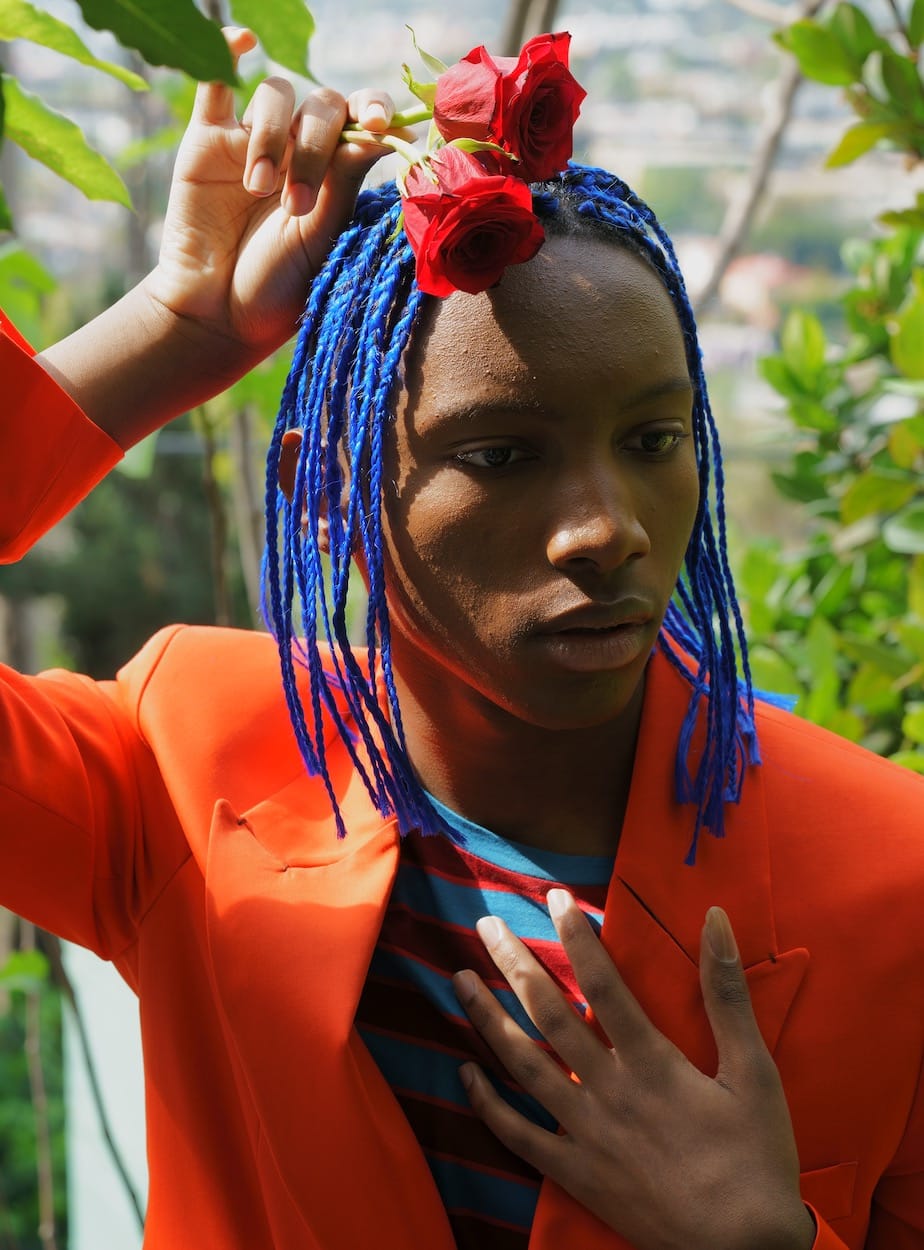
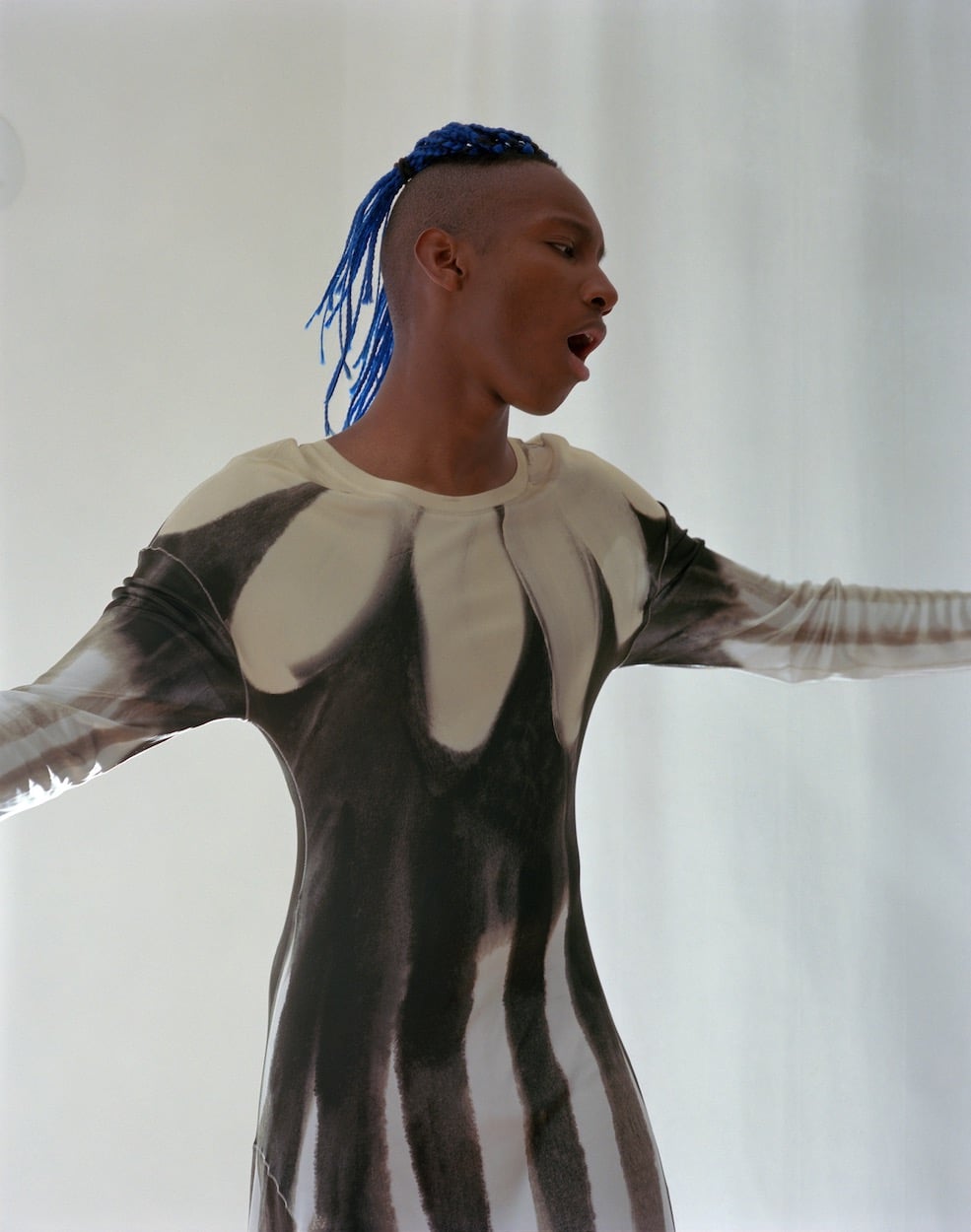
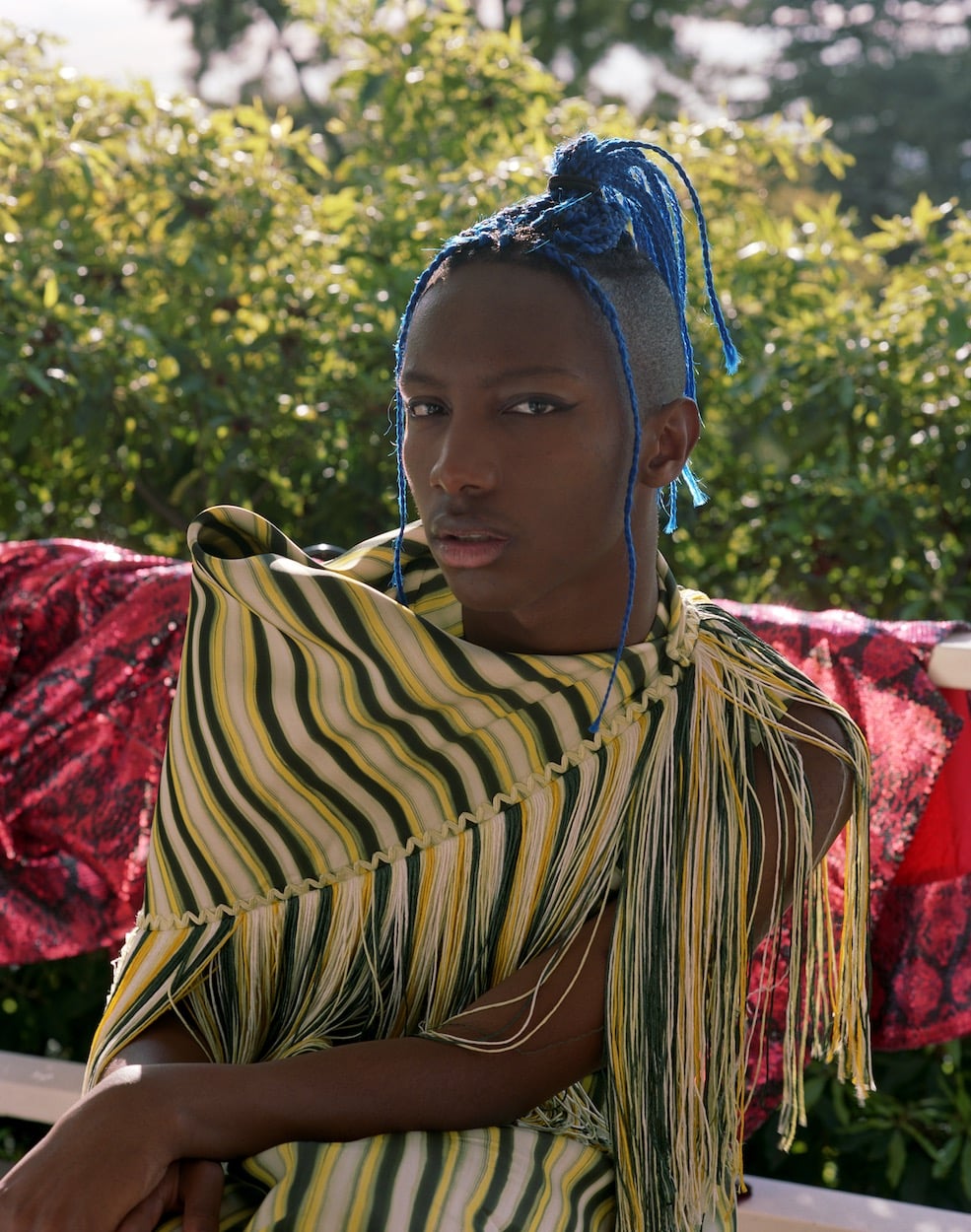
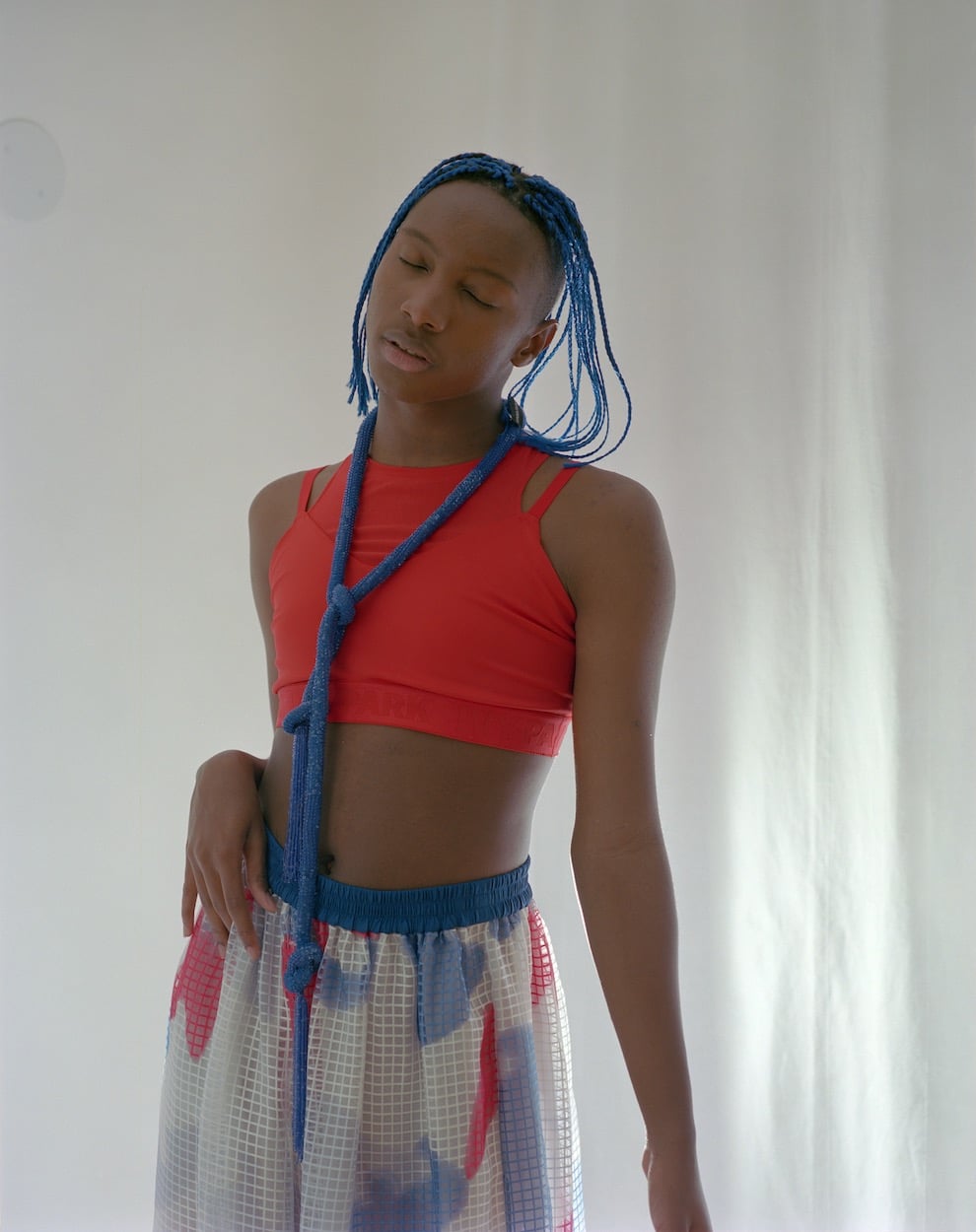

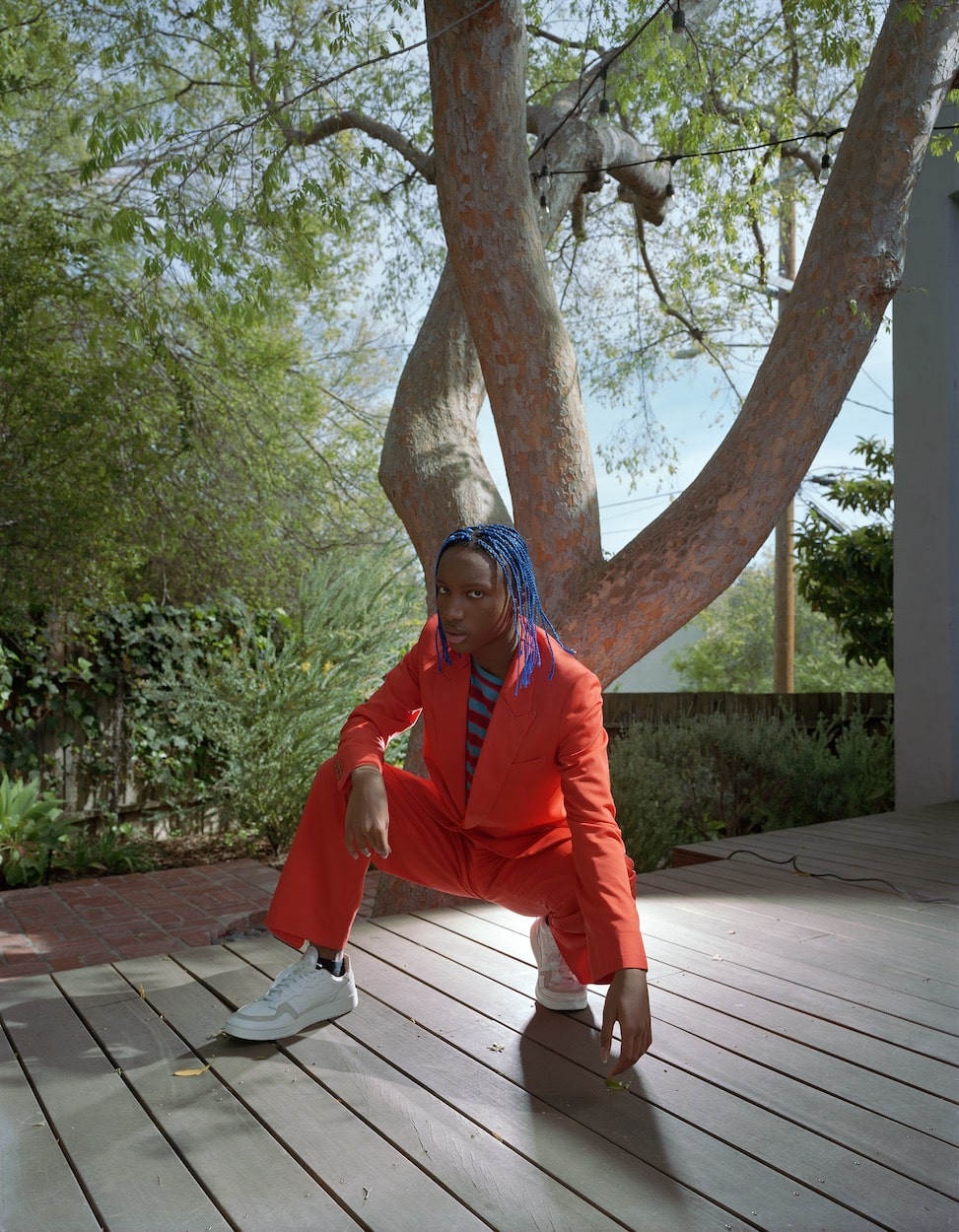
When they listen to Moore Kismet, it feels like being heard. So, I passed my finals, finished the first semester, and celebrated by performing in a stadium in front of a thousand people on the other side of the country.
Omar Davis has already done a whole lot. Even the most cursory google of their best-known alias Moore Kismet reveals a host of times that they were the first, times they were the youngest — times when they were like, wait, what is happening here? “When did I get a Wikipedia page? What the hell did I do to get in this position?” At seventeen, Omar Davis is still finding that out.
In Hindi, the word kismet means fate, or perhaps it’s luck, or maybe, it might even be destiny. It’s hard to be sure precisely in English, but whatever the case, they are big boots to fill, and yet Davis, at least, is clear on what it means to them. “I’ve never felt more secure being Moore Kismet. Moreso than I’ve ever felt with any other alias,” they say sincerely. “It’s essentially a manifestation of exactly what I want to do and what I want to accomplish in my life.” They’ve created under that alias for six years already, and it’s telling of their personal and artistic energy that they can grapple with topics writ large in the mind of every adolescent without ever making it about themself.
“I want everything to resonate with somebody. I want everything that I create to not only resonate with me, but to make people feel something other than the idea that this song is a banger. I want to write storytelling compositions that don’t compromise on listenability and still tell a good story. Music is telling stories that captivate people, that give them a deeper understanding.”
Where many songwriters prefer not to reveal their intentions, Moore Kismet wants to share. Like every other teenager on the planet, Omar Davis wants to be understood, but unlike so many other teenagers out there, people are actually listening. And why? Well, people are not just listening to Moore Kismet because they make bangers (and they definitely do), but because when they listen to Moore Kismet, it feels like being heard.
There’s an honesty to youth that is both refreshing and intimidating—refreshing in its ability to transcend those hard-learned, sharp-edged, and decidedly rigid norms of everyday life, and intimidating in its frank admission of vulnerability. Whether bruised and swollen or vibrant and joyous, Moore Kismet always offers something for others to lean into. Their ability to articulate so much experience so soon is admirable and, by the same measure, enviable. But, unfortunately, in the music industry, that honesty can be hard to come by. Omar has already been in the industry for five years, and that experience has come with its tough learnings. “A lot of people in the music industry are in the music industry for the wrong reason,” they mention knowingly. “No matter how much we touch on that, no matter how much you continue to speak about that, people acknowledge that it’s an issue in the moment, but they don’t do shit about it later. I know, for a lot of people, it’s difficult because people still view me as this little kid, and they still view me as this person who doesn’t know about adult things and therefore cannot help with navigating adult things.”
Admittedly, the feeling of being unseen is a familiar reprise from any young person, but for Omar Davis, and thus for Moore Kismet, the problem is doubled in scope. Young people are exposed to the issues of adulthood at an early age, and it would be hard to argue against the idea that anyone involved in the music industry from their pre-teens must have learned many a lesson, both hard and fast. Beyond that, though, what legitimate reason is there to think that a successful seventeen-year-old musician in an industry that has often ignored the music and experiences of people like Omar – that very thing that has made them so relatable – wouldn’t know what they’re doing? It’s worth remembering that Omar Davis is a young, Black non-binary artist that is thriving in an industry trademarked by a frankly kafkaesque opacity and barrier of entry.
Still, that number seventeen surrounds Moore Kismet. Until, at some unforeseen point, it is universally agreed that they are old enough to own those experiences without having to mention the number as if it were a qualifier for their artistic integrity. Moore Kismet is already wielding and molding those experiences into popular art with nimble precision. “I feel like I’m in a position with the things that I create and put out into the world where I can make a genuine shift in inspiring people.” Yet, their age is also legally bound to some of the more banal facts of life.
Davis is from Adelanto, California. A satellite city two hours outside of Los Angeles, give or take. Where there is neither much traffic nor density of experience at all. Definitely an issue for any young person, let alone an aspiring artist. “I never got a chance to perform at any local shows, in part because there was nothing up here and in part because I’m 17. At the time I was starting to blow up and get more notoriety and respect as a musician, especially as a trans musician, I didn’t have my driver’s license. So I couldn’t do shows, and I could not perform because I couldn’t drive myself anywhere, and I was too young to get into venues. The only way I would be able to get in any venue is if my mom or manager and a gigantic entourage of friends or close acquaintances were with me the entire night. And I’m pretty sure they were fucking sick and tired of babysitting me the whole night.”
In LA, proximity to stardom has a double effect. On the one hand, there’s the world of possibility on the edge of one’s stoop. On the other, there’s comfort in anonymity and the knowledge that whatever you do and whoever you are, you are not the only one. Davis walks this line with grace, humor and humility, while always maintaining a healthy appetite to have more. “My last show directly coincided with the day after my finals. So, I passed my finals, finished the first semester, and celebrated by performing in a stadium in front of a thousand people on the other side of the country. I’m like, fuck, who fucking does that? The way I used to celebrate getting good grades was I would go out with my family to fucking Baskin Robbins, get a quart of chocolate ice cream and then like, eat half of it and watch movies with my mom.”
They’re clear to add that family has been a significant influence on their confidence, stability, and success – Davis’ Grandma picked them up from school right on the bell to get them to this interview on time. “I’ve been in Adelanto for the past 15 years. My mom moved away and separated from my dad when I was two years old. I think it was just for us to be in a more stable and comfortable environment where we both could grow to be a lot happier and a lot safer in the position we’re in now. I’ve been making music in this very room ever since I was six years old.”
Like any teenager, Moore Kismet’s music is imbued with all the experiential doubt of youth but also with the dyed-in-the-wool support of those around them. Vulnerability is a double-edged sword, and Omar Davis has felt the nick of each side. “The first time I came out to my mom as non-binary and at the time, bisexual – I now identify as pansexual – being transgender, but not outwardly changing my appearance but just identifying this way and understanding that I feel this way and that I lean this way. She sat down and listened.” Yet as with anyone else, parts of Davis’ family life are strained, especially towards their father. “I commented on something that E.J. Johnson was wearing on a photo that came up on his Facebook feed. It was these thigh-high boots and this fluffy cheetah print outfit and a Birkin bag. And I’m like, ‘Oh, they could have picked a better jacket, but the rest of the outfit is cute.’” And in return? “I got a fucking two-hour lecture about the perks of being straight.”
“It’s a very difficult experience that my mom and I have had to navigate the past few years. When he calls, I never get an opportunity to get a word in, but then literally, he texted me the other day to let me know that he watched my gay-ass music video with my ex-boyfriend and said that he liked it. In a more restrained and general sense, I know that relationship with him influences my music and what I create. I know that at some point, he’s going to end up seeing this and reading it and getting a deeper understanding of how exactly it is.”
Just as with age, there is no talking about Moore Kismet without talking about identity. To grapple with essential questions of oneself and come out on top without the tacit knowledge of respect and safety extended to many other people, inspires empathy. It’s a topic that Davis understands and engages with rare intuition, having seen both sides extended to them so distinctly. “Showing empathy to somebody to me means making a genuine effort to show somebody that you care and that you’re listening and that you’re understanding their situation.” That outlook is something that has extended into their own life. “I want to be as understanding as I can because I didn’t have the same experience as everybody else did. I had a wonderful mother and her incredible best friend. They understand me, how I am, what I create and do as a human being, and how that connects to my art.”
Of course, it’s important to note that while Moore Kismet can confidently inhabit this identity, it’s not Omar Davis’ job or responsibility to teach it to anyone. Naturally, they say they don’t mind explaining to anyone who is “genuinely interested and wants to make a better effort to be respectful and accommodating.” But more often than not, they simply don’t mention it. “I just tell people to use the proper pronouns and then go about my day. It’s a lot easier than trying to give them a fucking Encyclopedia Britannica definition of what non-binary is because that’s not even going to work because not everyone has the capacity to understand that. So I’m just like, yo, my pronouns are they/them. Hopefully, you can get down with that. If not, so be it. That’s your own issue.”
It’s tricky because there remains a sect of EDM that is heavily associated with a certain white cis male identity. Doubly problematic because most people are taught the value of role models from a young age. On that topic, Davis maintains a healthy distance. “I really don’t think that I am a role model in any way. I’m just doing what I’m doing to help myself and protect and express my emotions — the things that go on in my mind and the things that go on in my life.” Like a lot of what Davis says, it comes across as remarkably level-headed despite their often giddy tone and ever-smiling manner. The case against role models is that no one needs to be the voice for anyone but themselves. To heap the pressure of expectation on a young person is essentially to wait for them to buckle beneath that weight.
On the topic of EDM culture, Davis is careful not to get drawn too closely into any overly simplistic notions of what that might be. “I’ve tried my level best to distance myself from that. I’ve always had a deeper understanding of the fact that I could make something that reaches beyond this one singular label. I’ve gotten the opportunity to think about what that is and to start staying away from that part of my life that, yeah, I did grow up in, and think how much better it is for me that I’m not entirely involved in it anymore and that I’m slowly working my way out of being pigeonholed in this phase.”
Getting typecast as one thing or another is at the forefront of the minds of artists of every kind, and it’s difficult not to feel that for Moore Kismet, the issue is even more immediate. Everyone has an opinion on who they are, school kid, prodigy, disruptor, or unintentional icon. They are just focusing on themselves, their music, and the people around them. But remember that just as they are lauded, fetishized even, for being a young person in an exceptional situation. Remember that young person is ultimately just a regular teenager. Asking themselves the same questions of agency, identity, family and future. And Omar Davis is no different.

Electronic beats Prague, As part of its extended "Summer of Youth" campaign, German…
Words by Marcus Boxler

Renowned photographer Antje Peters presents her new exhibition "ARBEITSRÄUME" in Berlins…
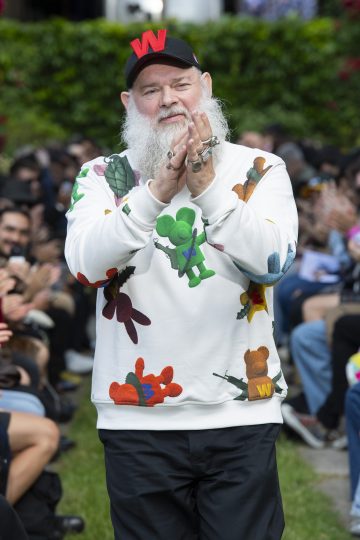
Walter Van Beirendonck and G-STAR redefined denim with an experimental capsule collection…